Video: Plastic waste floods the streets, 'suffocating' rivers, lakes and seas.
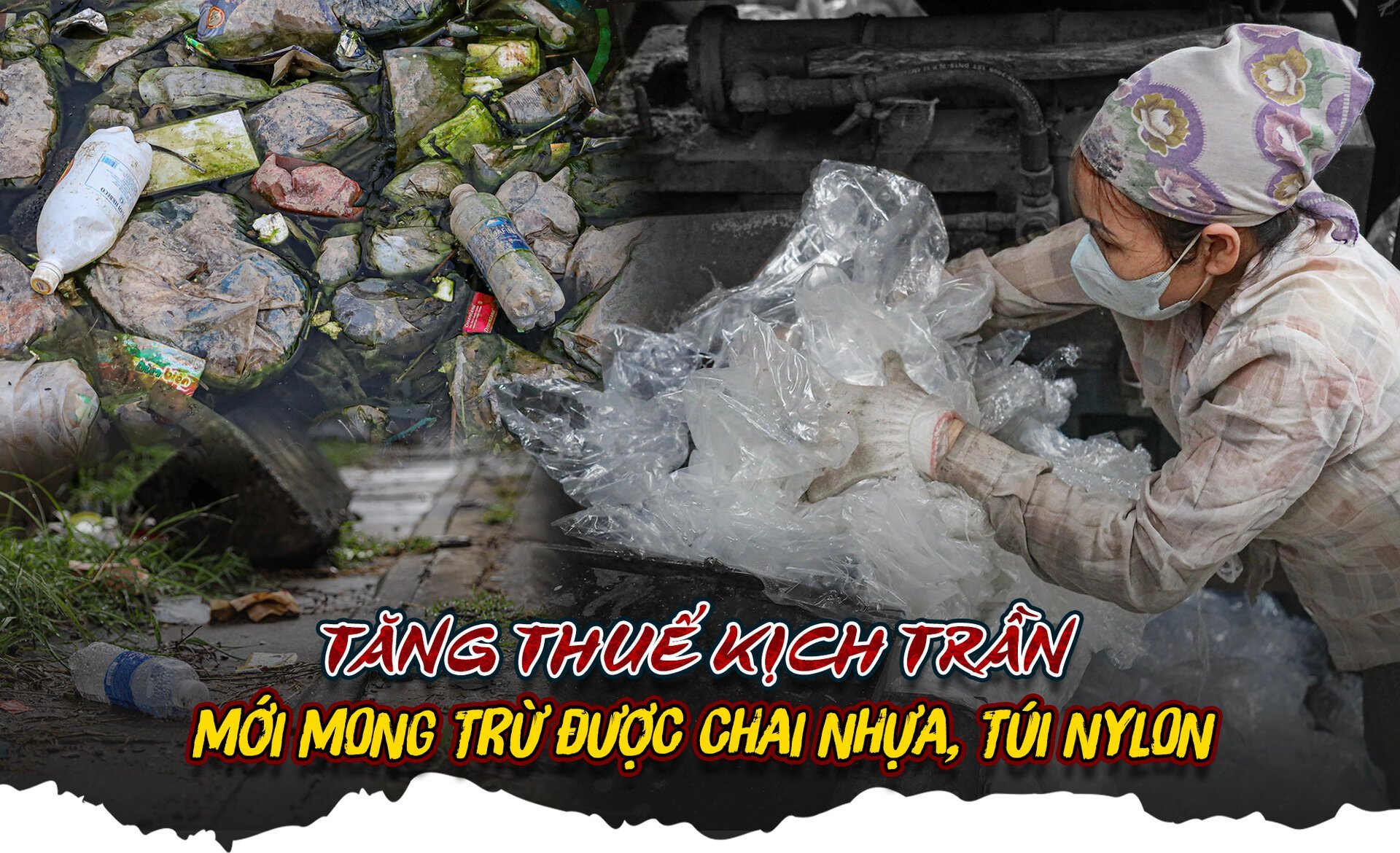
Experts say the current tax rate is too low and not enough to change people's habit of using nylon bags.
Responding to VTC News , Mr. Trinh Le Nguyen, Director of the Center for People and Nature (PanNature) said that one of the reasons why nylon bags appear a lot on the market, and then most of them are released into the environment, is because they are not subject to tax pressure.

“ We use nylon bags everywhere now because they are so cheap. There is no product where the seller is willing to give the buyer a few nylon bags to store things, because the price after production is only 30,000 - 35,000 VND/kg. The reason nylon bags are so cheap is because they are taxed low.
The tax rate of 50,000 VND/kg cannot change consumer behavior. To limit the use of nylon bags, we must impose higher taxes and raise the price of nylon bags after production by 1,000 - 2,000 VND/bag so that people have to use other products instead ," said Mr. Nguyen.
However, Mr. Nguyen said that currently, some plastic products are very necessary in many fields. Therefore, if the tax is not selective, it will cause difficulties for some other sectors in socio-economic development, typically the health sector.
“ Tax tools therefore need to be calculated reasonably, targeting items that have a great impact on the environment and are being overused, such as nylon bags and disposable plastic products ,” Mr. Nguyen added.
Sharing the same view, Associate Professor, Dr. Luu Duc Hai - Chairman of the Environmental Economics Association - recommends:
Economically, it is necessary to impose high environmental taxes on plastic products, especially disposable plastic. Because low or no taxes will create low prices, causing businesses to compete to import plastic to Vietnam.
“We must balance the tax rate, increase the tax on imported plastic pellets. For the nylon bags that are widely used today, we must also increase the tax rate so that there is no longer an easy situation of “asking and giving”.
High taxes will also increase the responsibility of businesses, so that they can see the benefits of product management, while high prices will limit the current indiscriminate use of plastic products and nylon bags," said Associate Professor, Dr. Luu Duc Hai.
According to experts, the tax increase will force stores to ask people to pay for plastic bags instead of giving them away for free. When people’s “wallets” are depleted, they will change their shopping habits, thereby reducing the amount of plastic bags released into the environment.

According to Associate Professor Dr. Nguyen Chu Hoi, National Assembly Delegate, Permanent Vice President of the Vietnam Fisheries Society (VINAFIS), President of the Association for Marine Environment Protection (VAMEN), international organizations assess Vietnam as one of the 10 countries in the world with the highest rate of plastic waste discharged into the environment, especially the marine environment.
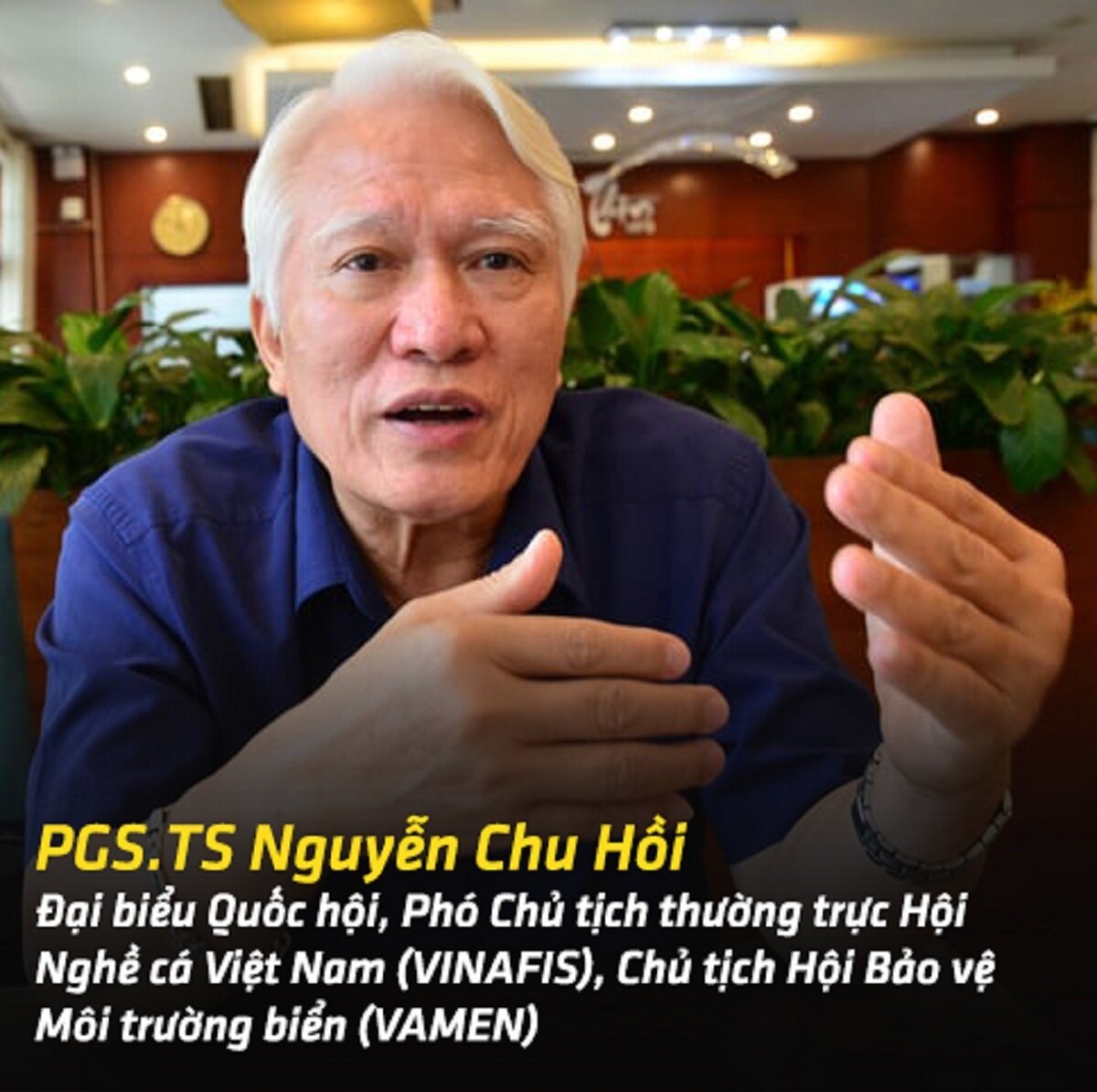
We now have the Law on Environmental Protection, and regulations on waste classification at source, but only at the project level. We need to classify waste at source before thinking about treatment technology. This is not an easy task, because changing a habit is not simple.
“ Therefore, we must involve people in implementing the waste classification project, avoiding only involving experts, functional agencies, and local authorities. Only then, when the experts leave, will people continue to deploy and implement the project to ensure long-term effectiveness, ” said Mr. Hoi.
Mr. Hoi stated that although imposing high taxes on disposable plastic products is necessary, it must be done in a way that protects the environment and ensures economic development. To do so, businesses must be encouraged to change their investment direction by focusing more on alternative materials that are environmentally friendly and can decompose if released into the environment.
Meanwhile, according to Dr. Nguyen Le Thang Long - Deputy General Director of An Phat Holdings Group - it is currently very difficult to bring biodegradable plastic products to the Vietnamese market.
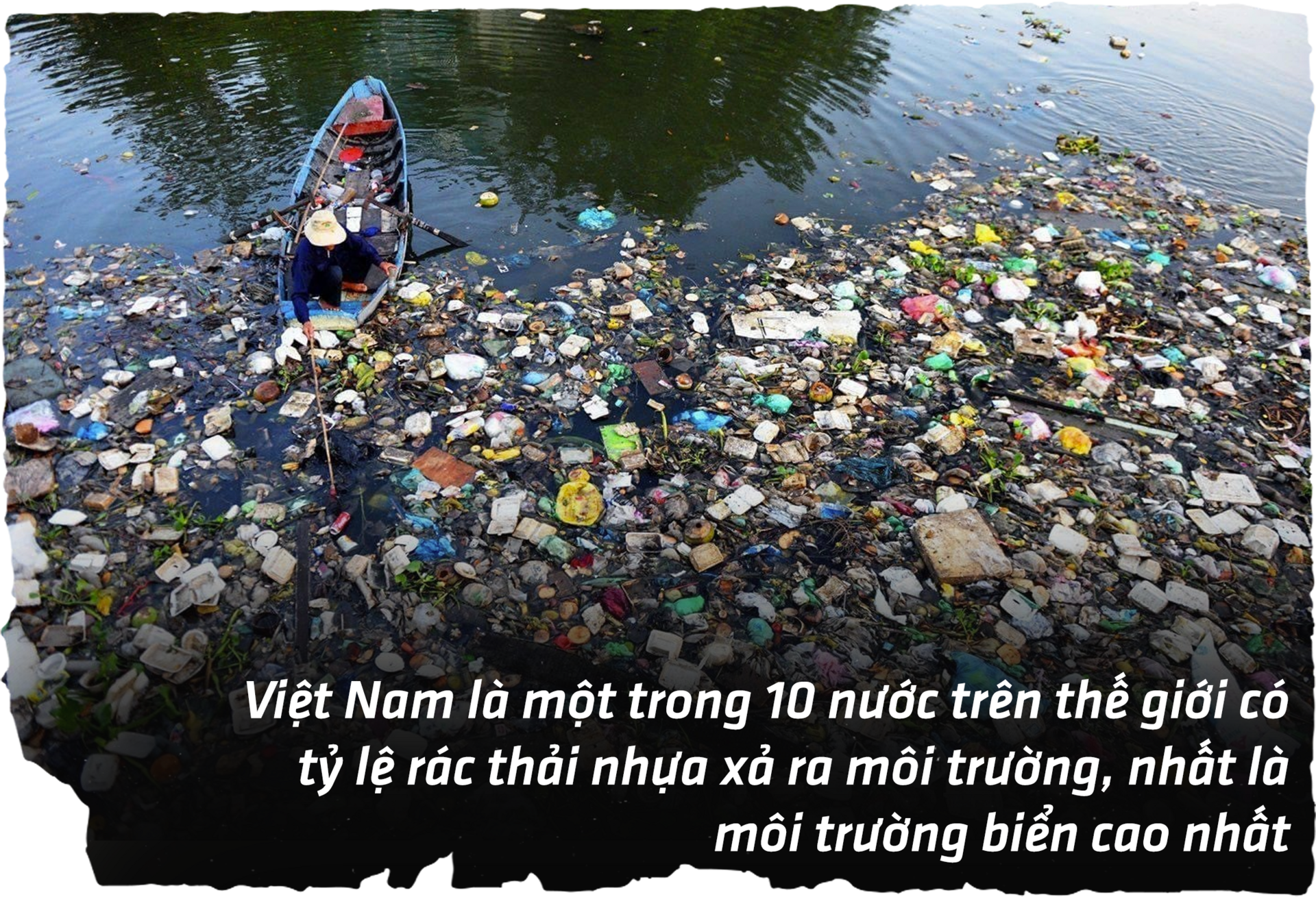
Mr. Long said that bioplastics can be made from renewable materials (such as corn starch, potatoes, cassava, etc.) or from fossil materials (petroleum). This is a solution to gradually reduce the current hard-to-decompose plastic waste and replace disposable plastic products.
With biodegradable plastic products, after being used by consumers, they will become organic waste, decompose into organic humus, provide nutrients for plants, then the plants will become materials to create biodegradable products.
These products, after use, can be treated like other organic waste through microbiological treatment processes such as landfills or microbiological waste plants, and then decomposed into CO2, water and biomass under the action of microorganisms. These biomasses can be used as input materials in agriculture. All of this creates a closed, circular cycle, ensuring environmental friendliness.
Although these are useful products that are good for the environment, bringing them to Vietnam is not easy.
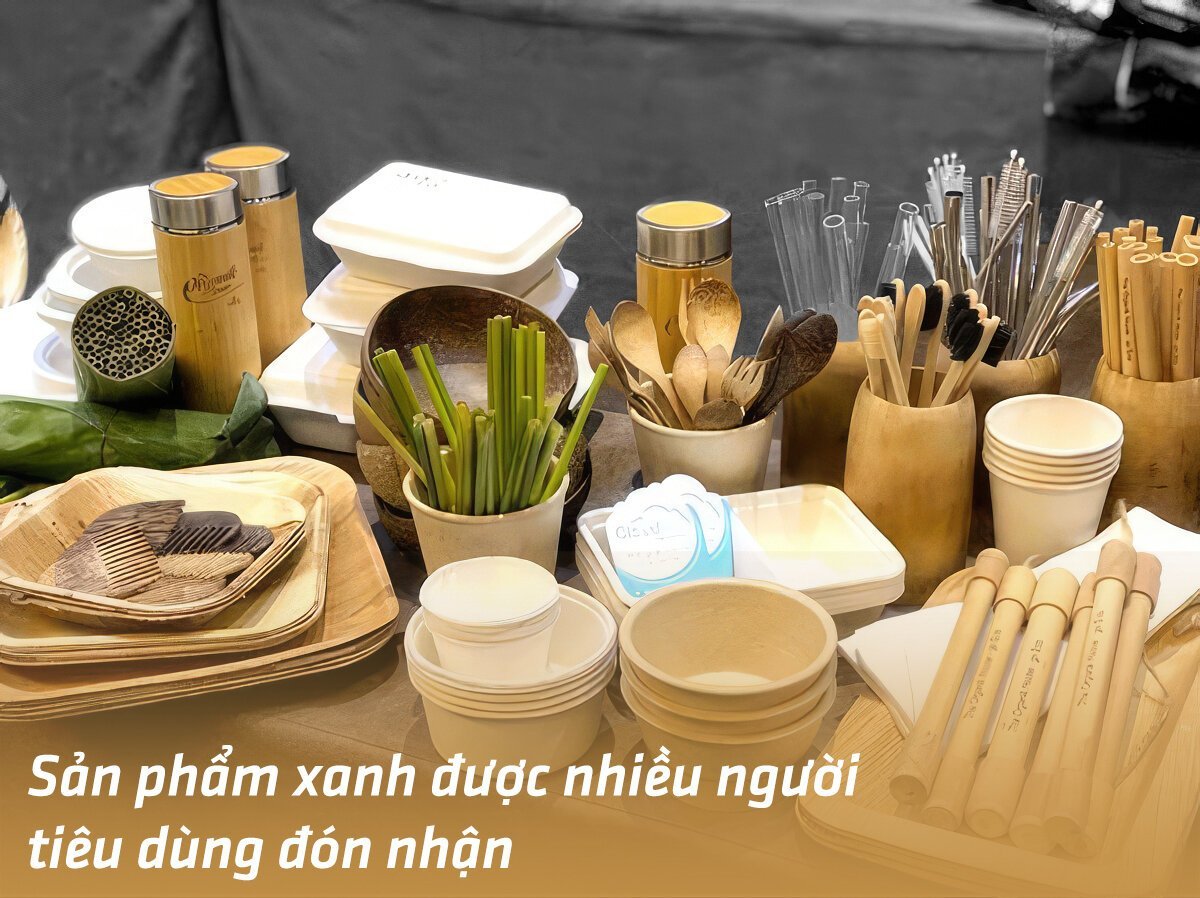
The biggest difficulty at present is that there is no policy, so the product price is high, making it difficult to compete with conventional plastic products. Currently, the cost to make biodegradable plastic products is often double, even triple, or quadruple the price of conventional plastic.
For example, one kilogram of biodegradable nylon bags costs about 60,000 VND, while bags using biodegradable additives sold in many supermarkets cost only 30,000 VND/kg, and normal nylon bags floating in the markets cost only about 15,000 - 20,000 VND.

Another measure to limit plastic waste released into the environment is to attach recycling responsibility to businesses, forcing businesses to focus on investing in this stage.
Associate Professor, Dr. Luu Duc Hai proposed that for businesses investing in recycling plastic waste, there should be preferential policies for them such as preferential loans to invest in equipment and machinery; support for renting premises, tax reduction for the first 5 years; and lowering the cost of recycled products...
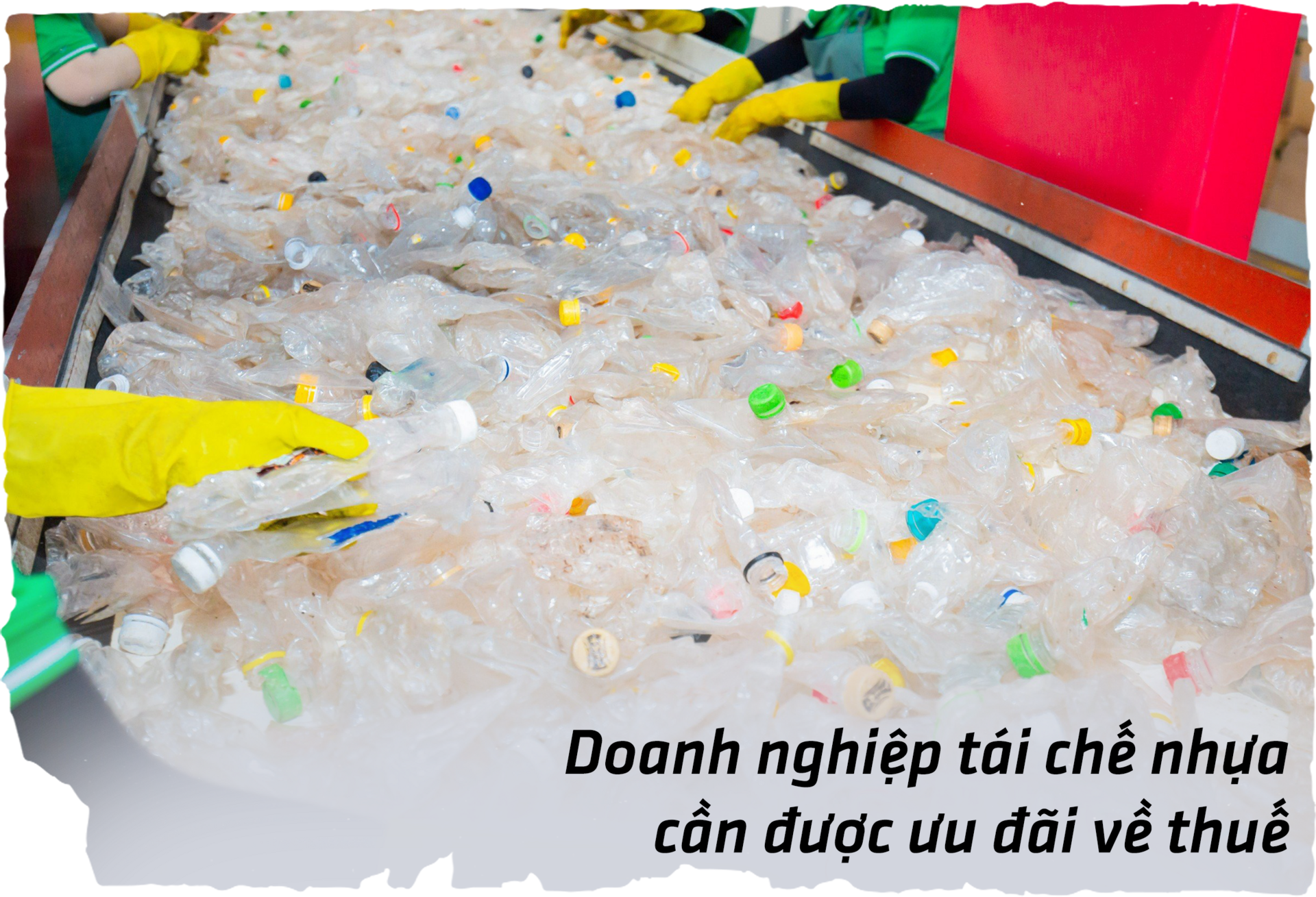
On the contrary, for businesses that do not collect used products for recycling, high taxes should be imposed.
“The collected output will be exempted from tax for the next plastic products. Meanwhile, the amount that is not collected and spread on the market will be subject to a very high fine so that businesses have a higher responsibility to collect. For businesses that actively contribute financially to the Environmental Protection Fund, the financial level must be raised even higher,” Mr. Hai proposed.
Pursuant to Article 3 of the Law on Environmental Protection Tax 2010, 08 types of goods are divided into 05 groups of taxable goods as follows:
Group 1: Gasoline, oil, grease including gasoline of all kinds (except ethanol), jet fuel, diesel oil, kerosene, fuel oil, lubricants, grease;
Group 2: Coal (brown coal, anthracite, coking coal, other coal);
Group 3: Hydro-chloro-fluoro-carbon solution (HCFC solution);
Group 4: Taxable nylon bags;
Group 5: Herbicides, termite control drugs, forest product preservatives, warehouse disinfectants are restricted for use.
Source


![[Photo] The parade took to the streets, walking among the arms of tens of thousands of people.](https://vphoto.vietnam.vn/thumb/1200x675/vietnam/resource/IMAGE/2025/4/30/180ec64521094c87bdb5a983ff1a30a4)

![[Photo] Panorama of the parade celebrating the 50th anniversary of the Liberation of the South and National Reunification](https://vphoto.vietnam.vn/thumb/1200x675/vietnam/resource/IMAGE/2025/4/30/affbd72e439d4362962babbf222ffb8b)
![[Photo] "King Cobra" Su-30MK2 completed its glorious mission on April 30](https://vphoto.vietnam.vn/thumb/1200x675/vietnam/resource/IMAGE/2025/4/30/5724b5c99b7a40db81aa7c418523defe)


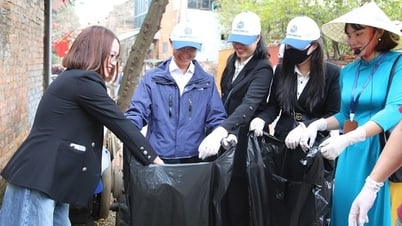

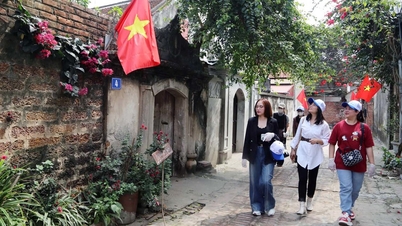






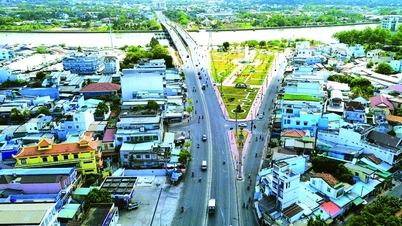











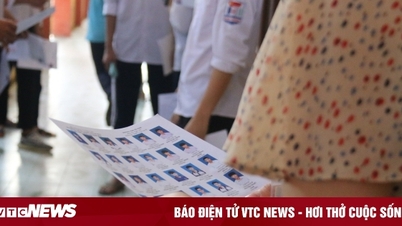





![[Photo] Cultural, sports and media bloc at the 50th Anniversary of Southern Liberation and National Reunification Day](https://vphoto.vietnam.vn/thumb/1200x675/vietnam/resource/IMAGE/2025/4/30/8a22f876e8d24890be2ae3d88c9b201c)





































































Comment (0)